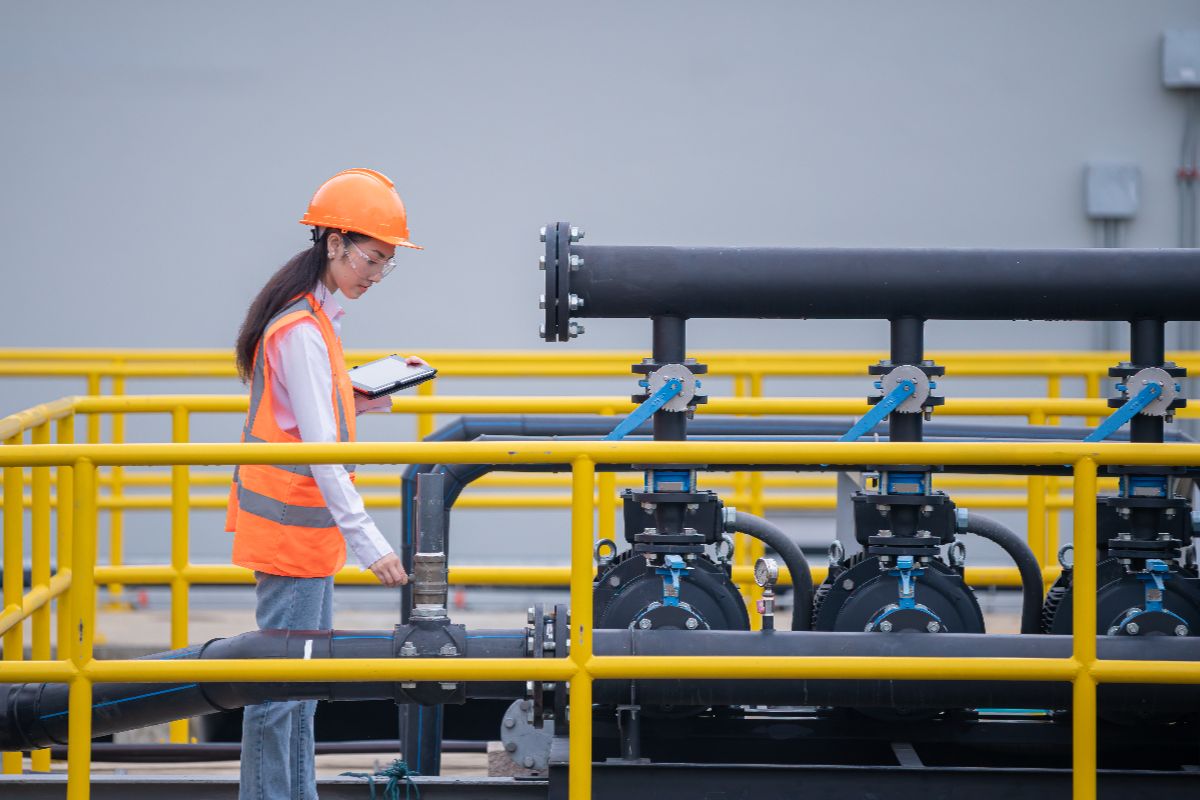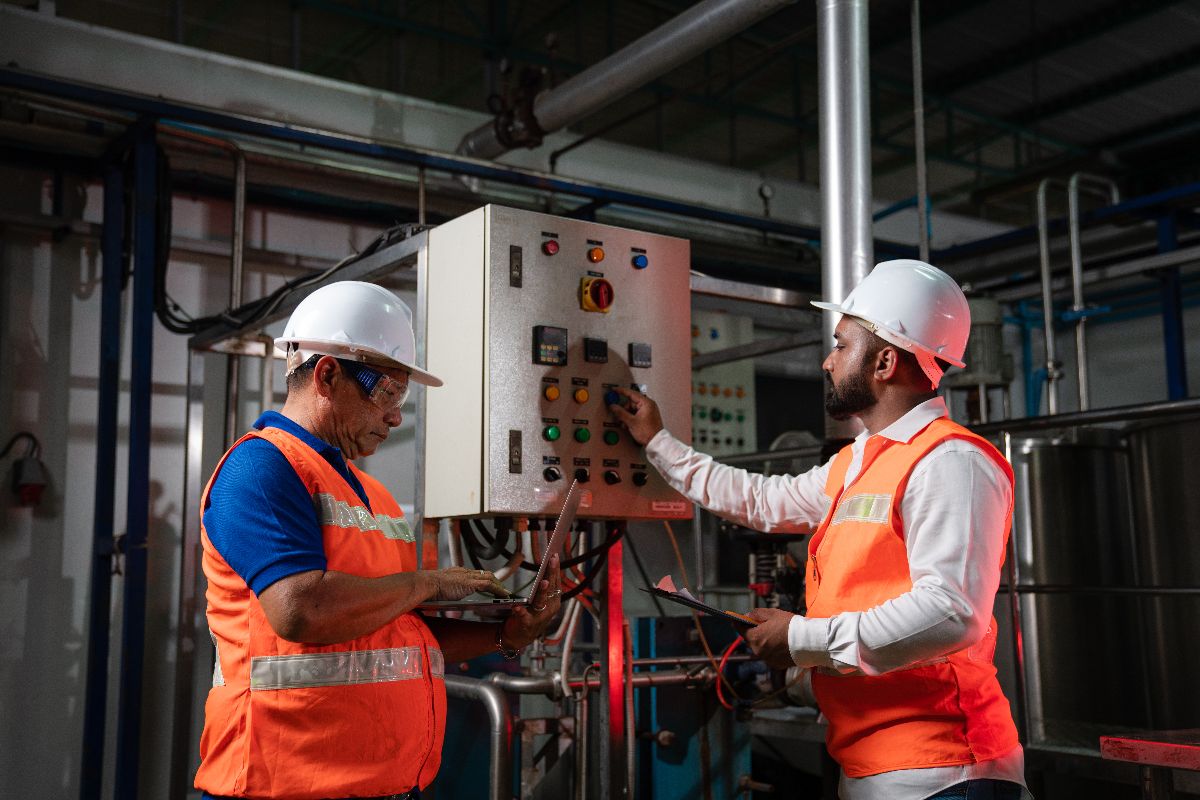Types of Pipes Used for Industrial Piping
 January 19, 2023
January 19, 2023

What are the different types of pipes used for industrial piping?
- Carbon steel pipes
- Stainless steel pipes
- PVC pipes
- Copper pipes
- Fiberglass pipes
- Polyethylene pipes
Industrial piping is a crucial component in a wide range of industries, including oil and gas, water treatment, chemical manufacturing, and food processing. The type of pipes used for industrial piping can significantly impact the efficiency, safety, and longevity of the system. In this blog post, we will discuss the different types of pipes used for industrial piping and the unique characteristics of each.
Carbon Steel Pipes
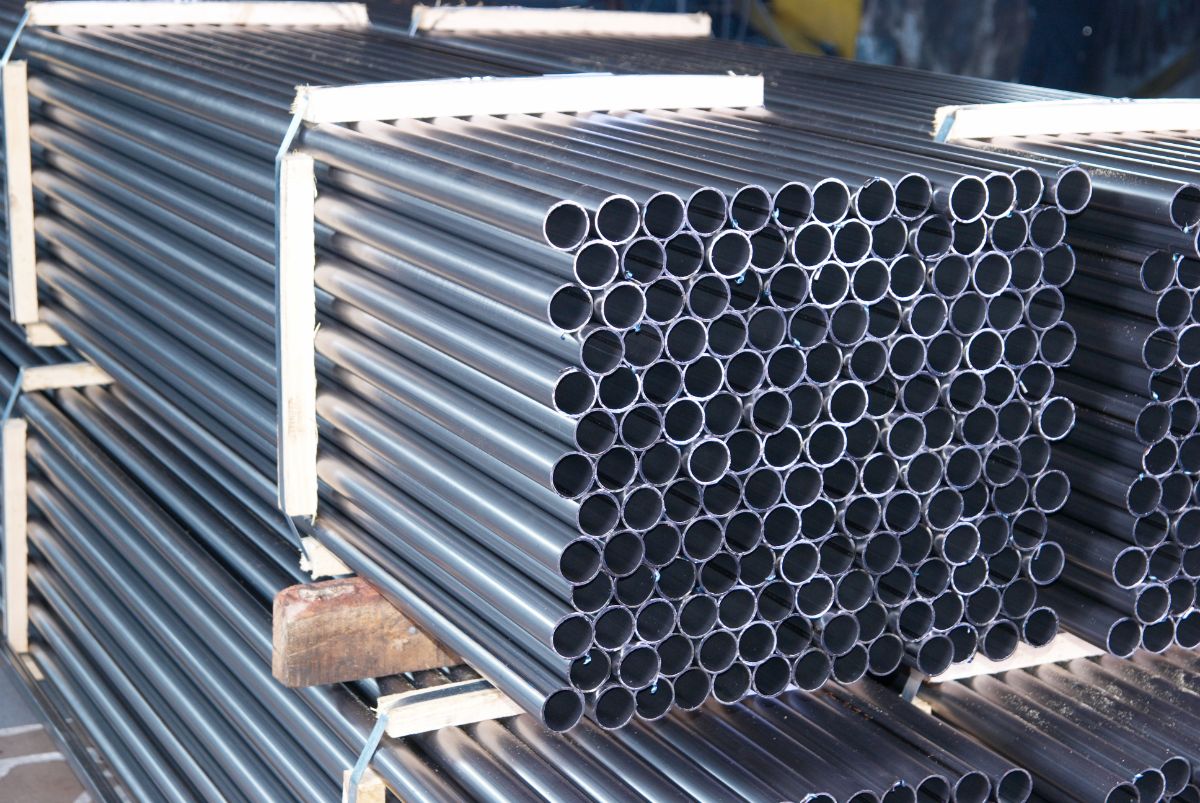
Carbon steel pipes are the most commonly used type of pipes for industrial piping. They are made from a mixture of iron and carbon and are durable, strong, and cost-effective. Carbon steel pipes are suitable for a variety of applications, including high-temperature and high-pressure systems. They are also easy to fabricate and can be joined using various methods, such as welding, threading, and flanging.
Stainless Steel Pipes
Another popular choice for industrial piping is stainless steel pipes. This is thanks to it being super resistant to corrosion and stains. They’re made from a mix of iron, chromium, and nickel and are often used in industries like food processing, pharmaceuticals, and chemicals where harmful substances might corrode other types of pipes.
According to a study conducted by the National Association of Corrosion Engineers (NACE), the use of stainless steel pipes in the food and beverage industry can reduce the likelihood of corrosion by up to 60%. The use of stainless steel pipes in the chemical industry has also shown a 50% increase in the longevity of industrial piping systems compared to traditional carbon steel pipes.
PVC Pipes
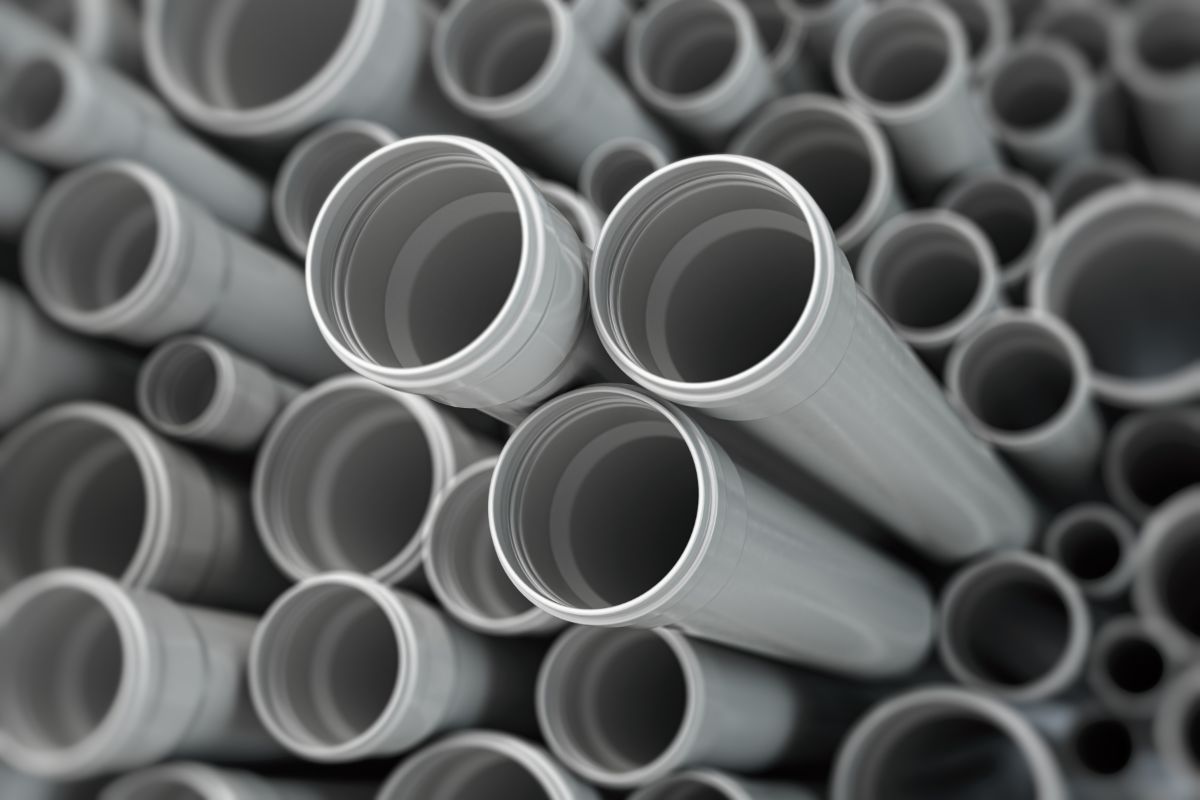
PVC pipes are also a popular choice for industrial piping due to their low cost, lightweight, and resistance to corrosion. They are made from a polymer material and are often used in water treatment, plumbing, and electrical applications. PVC pipes are also easy to install and can be joined using solvent cement.
Copper Pipes
Copper pipes are known for their high resistance to corrosion and their ability to withstand high temperatures. They are often used in applications where high-temperature fluids are present, such as steam and hot water systems. Copper pipes are also widely used in the plumbing industry for water supply and drain systems.
This type of pipe can also be easily shaped and joined, making them ideal for use in both residential and commercial plumbing systems. Furthermore, copper is an excellent conductor of heat and electricity, which makes it an ideal material for use in electrical grounding systems.
Fiberglass Pipes
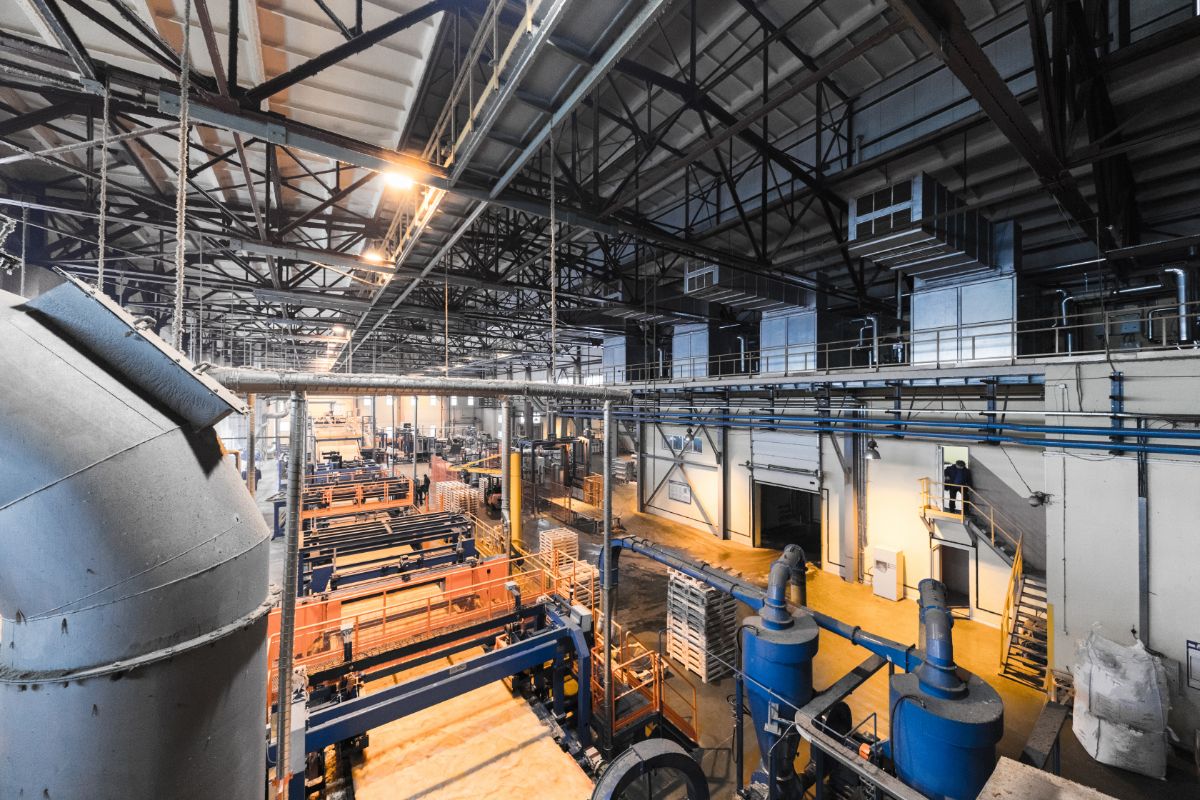
Fiberglass pipes are made from a mixture of glass fibers and resin and are known for their high strength and resistance to corrosion. They are often used in applications where chemicals or corrosive substances are present, such as in chemical manufacturing and water treatment industries. Fiberglass pipes are also lightweight and easy to install, making them a popular choice for industrial piping systems.
During its manufacturing process, fiberglass roving (long, continuous fibers) is coated with a resin, typically polyester, vinyl ester, or epoxy, and wound onto a rotating mandrel to form a pipe. This is called filament winding. The resin helps to bind the fibers together, creating a strong and durable structure. The mandrel is then removed, leaving behind a hollow fiberglass pipe. The manufacturing process can vary depending on the size, thickness, and desired properties of the pipe, but the basic principle remains the same. Once the pipe has been manufactured, it may be subjected to further processing, such as curing, sanding, and finishing, to improve its overall quality and durability.
Polyethylene Pipes
Polyethylene pipes are made from a polymer material and are known for their flexibility, lightweight, and resistance to corrosion. They are often used in applications where high-pressure systems are present, such as water treatment and oil and gas industries. Polyethylene pipes are also easy to install and can be joined using heat fusion.
Key Takeaway
Industrial piping systems play a crucial role in a wide range of industries. The different types of pipes used for industrial piping can significantly impact the efficiency, safety, and longevity of the system. Each type of pipe has unique characteristics that make it suitable for specific applications. When choosing pipes for your industrial piping system, it is important to consider factors such as the type of fluid being transported, the temperature and pressure of the system, and the presence of corrosive substances.
If you’re looking for an engineering solutions provider to design and install an industrial piping system for your facility, you’ve come to the right place. Industrial PH is the leading engineering solutions provider in the Philippines that specializes in industrial machinery and food & beverage solutions. Don’t hesitate to contact us here today!
